To provide the best experiences, we use technologies like cookies to store and/or access device information. Consenting to these technologies will allow us to process data such as browsing behaviour or unique IDs on this site. Not consenting or withdrawing consent, may adversely affect certain features and functions.
The technical storage or access is strictly necessary for the legitimate purpose of enabling the use of a specific service explicitly requested by the subscriber or user, or for the sole purpose of carrying out the transmission of a communication over an electronic communications network.
The technical storage or access is necessary for the legitimate purpose of storing preferences that are not requested by the subscriber or user.
The technical storage or access that is used exclusively for statistical purposes.
The technical storage or access that is used exclusively for anonymous statistical purposes. Without a subpoena, voluntary compliance on the part of your Internet Service Provider, or additional records from a third party, information stored or retrieved for this purpose alone cannot usually be used to identify you.
The technical storage or access is required to create user profiles to send advertising, or to track the user on a website or across several websites for similar marketing purposes.
 Ambius has published its latest annual report (registration) which claims to highlight the top trends in office design for 2020 and beyond. It suggests that the new year will see a continued evolution in the understanding of the human-centric workplace with designs that improve employee performance and wellbeing, integrate innovative technologies, offer multi-functional capabilities, and facilitate an inspiring and engaging environment for top talent. (more…)
Ambius has published its latest annual report (registration) which claims to highlight the top trends in office design for 2020 and beyond. It suggests that the new year will see a continued evolution in the understanding of the human-centric workplace with designs that improve employee performance and wellbeing, integrate innovative technologies, offer multi-functional capabilities, and facilitate an inspiring and engaging environment for top talent. (more…)





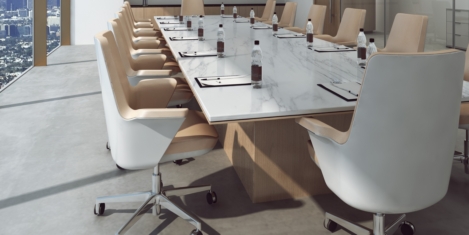
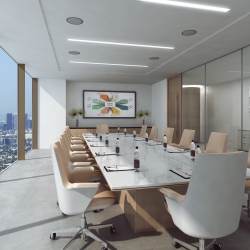
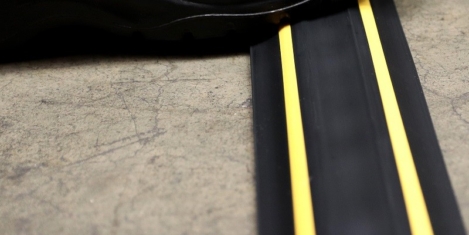
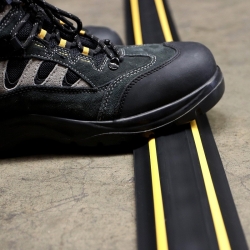




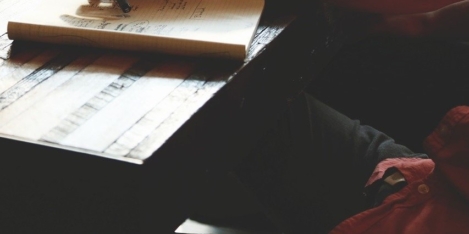
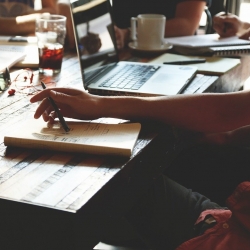
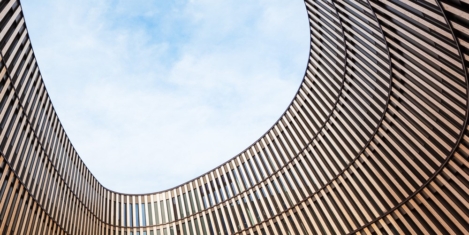
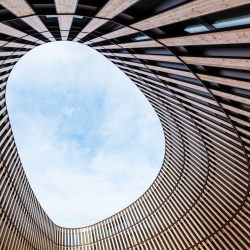
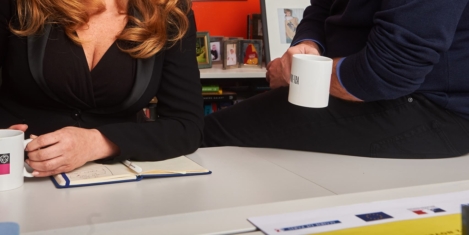
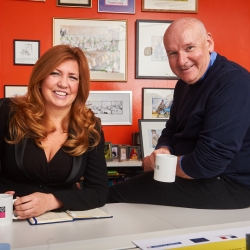


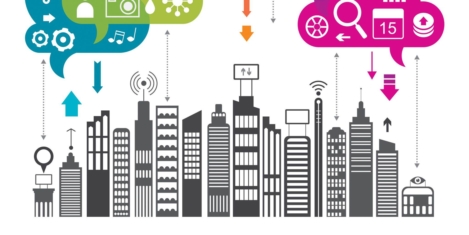
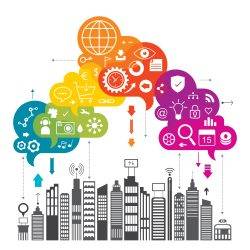










November 22, 2019
Office design can be a vehicle for equality and change
by Jeni Durksen • Comment, Workplace design